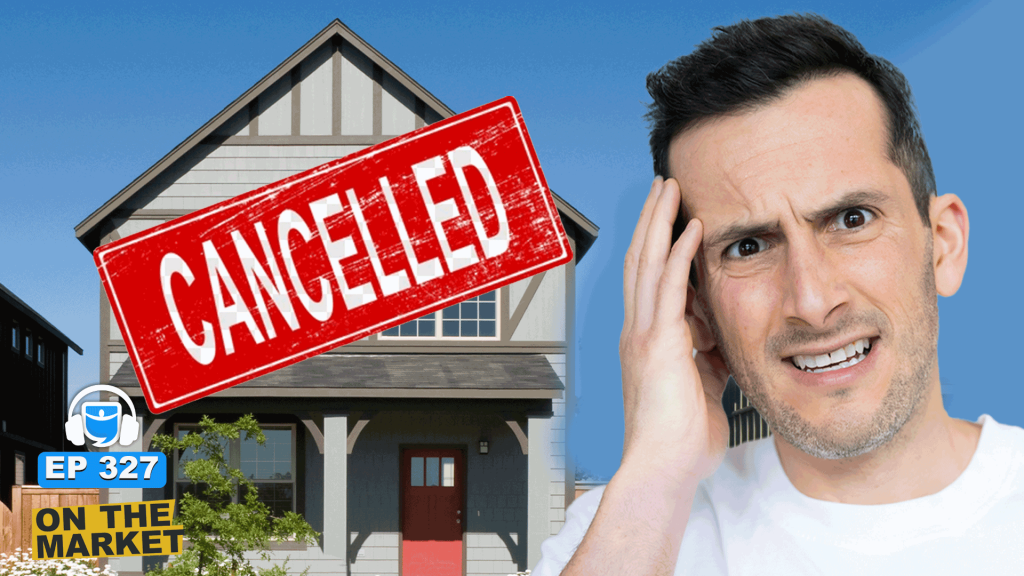Surge in Contract Cancellations Spurs Sellers to Slash Deals
In recent months, the real estate market has experienced an unexpected turbulence as a wave of contract cancellations by homebuyers has forced sellers to reconsider their pricing strategies. This unprecedented trend, characterized by a notable surge in the number of deals falling through, is prompting sellers across the nation to slash their prices in a bid to attract and retain potential buyers.
The Rise in Contract Cancellations
The increase in contract cancellations can be attributed to a confluence of economic factors and shifting buyer priorities. According to recent data, the national cancellation rate for home purchase agreements has risen significantly. Inflationary pressures, fluctuating mortgage rates, and economic uncertainty have combined to create a challenging landscape for homebuyers, many of whom are experiencing financial strain or second thoughts about their purchase decisions.
Mortgage rates, which have been seesawing for the past year, are a significant contributor to the instability. As rates rise, the cost of borrowing increases, leading some buyers to reassess their budget constraints and, in some cases, walk away from agreements. Additionally, economic uncertainties, such as employment instability and volatile stock markets, are injecting more caution into the purchasing decisions of consumers.
Sellers Respond with Price Reductions
As a result of these cancellations, sellers find themselves in a precarious position. Those who are eager to close deals are increasingly turning to price reductions and other incentives to retain buyers. This trend is especially pronounced in markets where inventory is higher, and competition among sellers is fierce.
Real estate platforms and local Multiple Listing Services (MLS) are reporting a marked increase in price cuts over the last quarter. Sellers, who had anticipated lucrative deals during the recent housing boom, now face the reality of recalibrating their expectations. Discounts, closing cost assistance, and offering additional incentives have become more commonplace as sellers strive to salvage deals.
Impact on the Housing Market
This shift has broader implications for the real estate market. In some areas, the balance of power is slowly shifting from a strong seller’s market to a more buyer-friendly environment. The increasing affordability of homes—driven by price reductions—could help stabilize the market by encouraging buyers who were previously priced out to reconsider their options.
Furthermore, the trend presents opportunities for first-time homebuyers and investors. With sellers more willing to negotiate, these groups may find favorable conditions to enter the market.
Looking Ahead
As the market continues to adapt, industry experts remain watchful for signs of stabilization. The Federal Reserve’s monetary policy decisions will play a crucial role in shaping the future of mortgage rates, while broader economic conditions will impact both consumer confidence and purchasing power.
For sellers, the current climate necessitates a strategic approach. Pricing homes competitively, paying close attention to local market trends, and being prepared to negotiate are essential strategies for navigating the current environment. At the same time, buyers entering the market should remain cautious and informed, understanding both the risks and opportunities present in this evolving landscape.
In conclusion, while the recent surge in contract cancellations poses challenges, it also offers a unique opportunity to recalibrate the housing market. Sellers willing to adapt and respond proactively to these changes may find success, while buyers stand to benefit from increased affordability and negotiating power. As the situation unfolds, keeping a close eye on economic indicators and market trends will be crucial for all parties involved.

